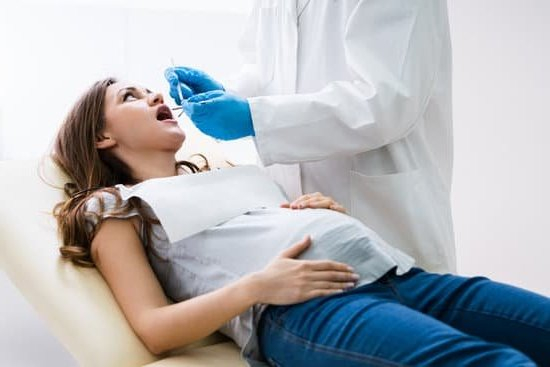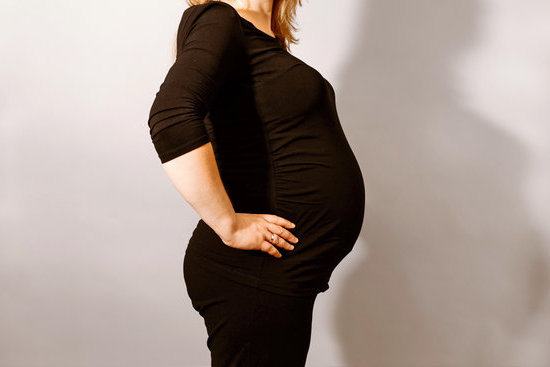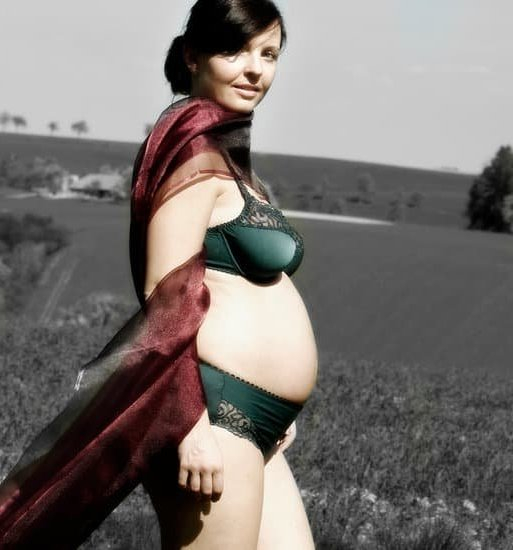Early Pregnancy Tests
The detection of early pregnancy is an important part of prenatal care. Women who are pregnant should be monitored regularly to ensure a healthy pregnancy. Early pregnancy tests are used to detect a pregnancy before a woman misses her period.
There are a few different types of early pregnancy tests. The most common type of early pregnancy test is a home pregnancy test. Home pregnancy tests are available over the counter and can be used to detect pregnancy as early as four days before a woman’s period is due. Home pregnancy tests work by detecting the presence of the hormone human chorionic gonadotropin (hCG) in a woman’s urine.
Another type of early pregnancy test is a blood test. A blood test can be used to detect pregnancy as early as eight days after ovulation. A blood test detects the presence of the hormone hCG in a woman’s blood.
Both home pregnancy tests and blood tests are accurate in detecting early pregnancy. However, home pregnancy tests are not as accurate as blood tests in detecting pregnancies that are less than six weeks old. If a woman suspects she is pregnant, she should consult with her healthcare provider to determine which type of early pregnancy test is best for her.
Early Symptoms Of Pregnancy
The early symptoms of pregnancy are often difficult to distinguish from pre-menstrual symptoms. In fact, many women do not realize they are pregnant until they miss their first period. However, there are some early signs of pregnancy that may indicate that you are pregnant.
The most common early sign of pregnancy is a missed period. Other signs of pregnancy may include nausea, vomiting, fatigue, and breast tenderness. Some women may also experience a metallic taste in their mouth, changes in their appetite, or a frequent need to urinate.
If you think you may be pregnant, you should consult with your doctor. He or she can perform a pregnancy test to determine if you are pregnant.
Early Pregnancy Symptoms
The early weeks of pregnancy are often accompanied by various symptoms, some of which can be quite confusing. While many of these symptoms can be attributed to other factors, such as pre-menstrual syndrome (PMS) or stress, some may be indicative of pregnancy.
The most common early pregnancy symptom is a missed period. Other symptoms may include cramping, bloating, nausea, breast tenderness, and fatigue. Each woman experiences pregnancy differently, so it is important to listen to your body and contact your doctor if you have any concerns.
If you are experiencing any of these symptoms, it is important to take a home pregnancy test to confirm whether or not you are pregnant. If the test is positive, make an appointment with your doctor to discuss your options and begin prenatal care.
Causes Of Water Breaking Early In Pregnancy
Water breaking is a common occurrence during pregnancy. In most cases, the water breaking is just a trickle, and it does not cause any problems. However, in some cases, the water breaking can be a sign of a problem, such as preterm labor.
There are many different causes of water breaking early in pregnancy. Some of the most common causes include:
1. Preterm labor
2. Infection
3. Ruptured membranes
4. Uterine rupture
Preterm labor is the most common cause of water breaking early in pregnancy. Preterm labor is labor that starts before 37 weeks gestation. It is a serious problem, and can cause a number of problems for the baby, including death.
Infection is another common cause of water breaking early in pregnancy. Infection can occur in the mother or the baby. If the infection is in the mother, it can cause the water to break. If the infection is in the baby, it can cause the baby to be born prematurely.
Ruptured membranes is another common cause of water breaking early in pregnancy. Ruptured membranes is when the membranes that surround the baby break. This can cause the water to break.
Uterine rupture is a rare, but serious, cause of water breaking early in pregnancy. Uterine rupture is when the uterus ruptures. This can cause the baby to be born prematurely, or even to die.
How Does A Pregnant Belly Feel In Early Pregnancy
?
A pregnant belly can feel different for everyone in early pregnancy. Some women experience a bloated feeling, while others may feel like their stomach is constantly full. Some women have nausea and vomiting and others don’t. Many women have a heightened sense of smell, which can lead to aversions to certain smells or foods. Some women have backaches and others don’t. The only way to know what early pregnancy feels like for you is to experience it firsthand.

Welcome to my fertility blog. This is a space where I will be sharing my experiences as I navigate through the world of fertility treatments, as well as provide information and resources about fertility and pregnancy.





